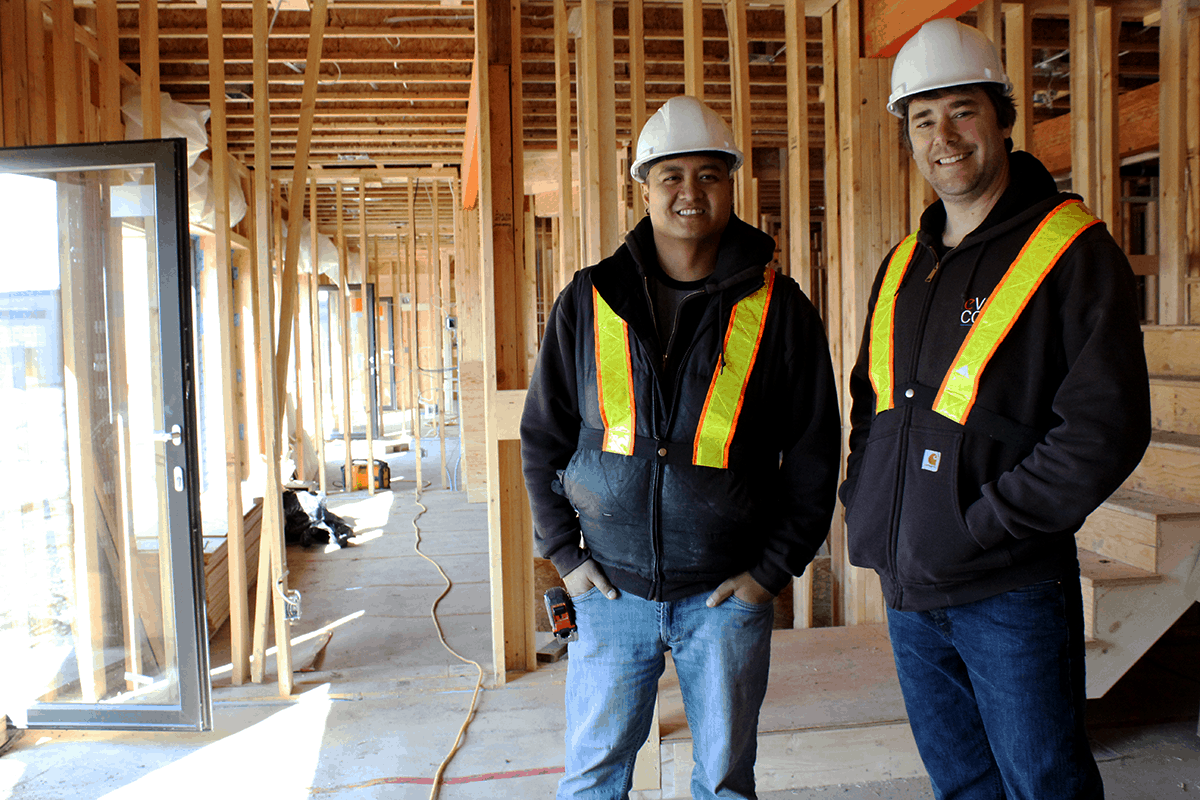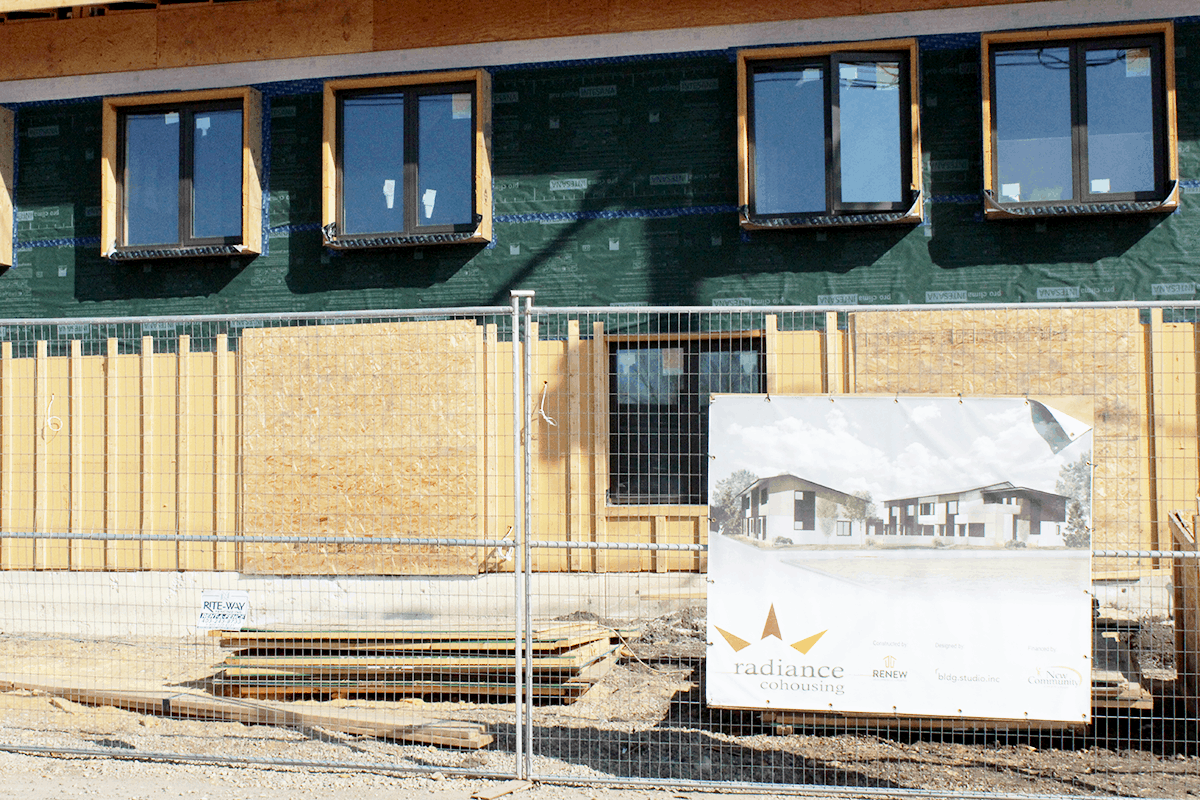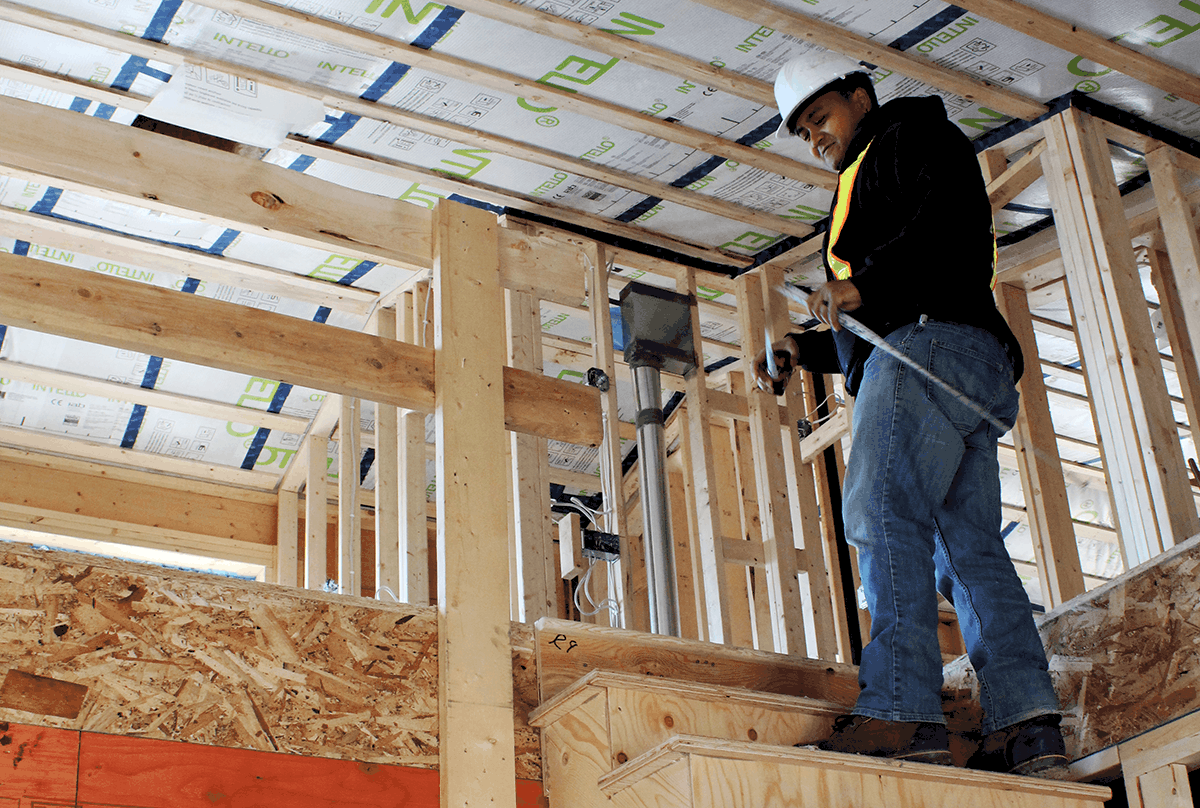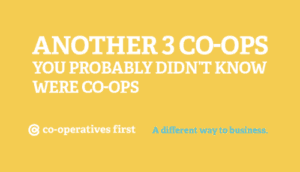In the construction sector there is plenty of room for inefficiency. Often one contractor will frame a building, another will wire it, someone else will do the flooring, the roof, the plumbing. These contractors, operating independently of each other, may not think about how the way they do their work affects other tradespeople or the project as a whole.
After working in the field and seeing the issues that arise, Sterling Summach and Jeff Espeleta — owners of Evco Developments — started asking themselves if there was a better, more efficient way to do construction. They had a good relationship with other trades companies that often worked on the same jobs, and wondered if they could structure a business where companies with different trade specialities could approach projects as a team.
A construction co-op
“What if we all came together to bid on these larger, more difficult projects?” Summach remembers asking. “We all have more expertise, we spread that financial risk out, and we also then have more brain power to work out problems.”
He talked about the idea with his father – an ex-farmer – who said, “That sounds like a co-op.”
The result of this thought process is Renew Development Co-operative: a group of small, local trades companies that have joined together to take on construction projects. Its nine individual shareholders represent seven different companies that do general contracting, framing, electrical work, cabinetry, flooring, and windows. Though they do have to hire some contractors that aren’t represented in the membership, much of the work is done by the construction co-op.
Scale when you need it
Currently, Renew is working on its second contract: a project called Radiance Co-Housing in Saskatoon. This collaborative condo consists of eight privately-owned units, and has been planned, managed, and resourced by its future residents. Though the units have similar designs, each one is customised to the requests of its owners.
As a result of their business structure, members of Renew can not only undertake complex projects like this one but can actually pay themselves more while charging their clients less. Before bidding on a project, the board members peer-review bids of each other’s companies and provide feedback. They can also find ways to do additional tasks that may have otherwise required a subcontractor, which lowers the cost of the project.
The fact that members of Renew each have their own company that specializes in a different trade makes for a unique co-operative structure. Summach and Espeleta said it is difficult to categorize Renew — they describe themselves as a worker-producer co-op hybrid.
RELATED: Talking Housing: An interview with Blair Hamilton at CHF Canada
Regardless of what you call it, the co-op model was the right fit.
“It’s like using a tool,” said Summach. “You use the right tool for the job”.
Formality brings structure and security
Legally formalizing the relationship between the members in a co-operative – as opposed to simply agreeing to work together – allows the partners to share both the risk and the reward of the projects they tackle and ensures everyone is equally committed. Each member purchased a common share for $2,000 to contribute to the start-up of the co-op, and they have devised methods of communication and decision-making that work best for their group.
The members of the construction co-op work together on a regular basis, and though they have formal meetings to make important decisions, often business issues are discussed over lunch, or via email. In their bylaws, the members have set a threshold of 75 per cent agreement on making decisions: not consensus, but a bit more than half.
Their system works. With members that have diverse perspectives and backgrounds coupled with an atmosphere of trust, the Renew Development Co-operative have carved out a way to make the construction process better for themselves and their clients. Summach and Espeleta credit the different professional backgrounds, personalities, and opinions of the group with the co-op’s ability to be nimble and to solve problems.
RELATED: 3 Ways to Structure a Housing Co-op
For it to work, each member had to show equal commitment to the construction co-op.
A construction co-op is a business just like any other
At the end of the day, Summach said, a co-op is a business just like any other – but offers a model that allows for cool ideas and the ability to scale up their business. Prior to forming Renew, the guys from Evco couldn’t have taken on projects the size that they do now.
“It just means you take on some more, but it’s kinda neat because then you’ve got everybody’s ability to not only help you make decisions but at the end of the day they’ve got your back too, because they’re an owner.”







